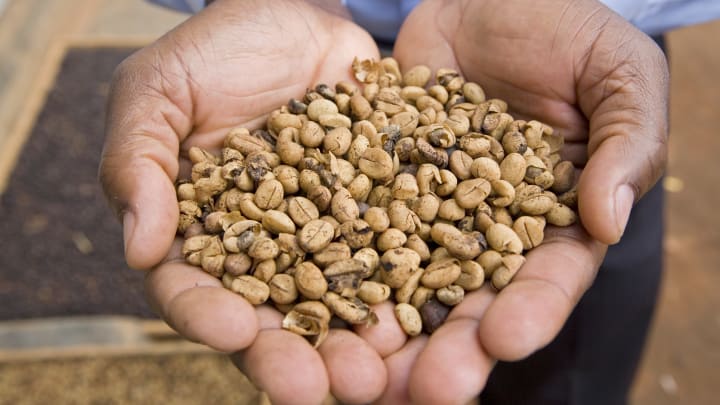Sustainable Coffee Practices: Preserving Ecosystems and Supporting Communities

Sustainable coffee practices are essential for preserving ecosystems, promoting biodiversity, and improving livelihoods in coffee-growing regions worldwide. This article explores initiatives and principles of sustainable coffee production, highlighting efforts to reduce environmental impact and support social responsibility within the coffee industry.
Sustainable coffee farming emphasizes practices that conserve natural resources, protect biodiversity, and promote soil health. Farmers implement techniques such as shade-grown coffee cultivation, where coffee trees are grown under a canopy of native trees, promoting habitat for wildlife and reducing the need for synthetic pesticides and fertilizers.
Certifications such as Rainforest Alliance, Fair Trade, and Organic ensure that coffee beans are sourced from farms that meet rigorous standards for environmental stewardship, worker welfare, and community development. These certifications provide consumers with assurance that their coffee purchases support sustainable practices and ethical principles.
Coffee companies and cooperatives collaborate with farmers to implement sustainable farming techniques, improve crop resilience to climate change, and enhance productivity while maintaining ecosystem health. Initiatives focus on reducing water usage, carbon emissions, and waste generation throughout the coffee production cycle.
Sustainable coffee practices also prioritize social responsibility by ensuring fair wages, safe working conditions, and gender equality for coffee farmers and workers. Community development projects funded by premiums from certified coffee sales support education, healthcare, and infrastructure improvements in coffee-growing communities.
In conclusion, sustainable coffee practices play a vital role in preserving natural ecosystems, promoting biodiversity, and fostering social equity in coffee-producing regions. By supporting sustainable coffee initiatives, consumers contribute to environmental conservation and community empowerment while enjoying high-quality coffee with a positive impact. Embracing sustainability in coffee production invites collaboration and innovation toward a more resilient and equitable coffee industry.